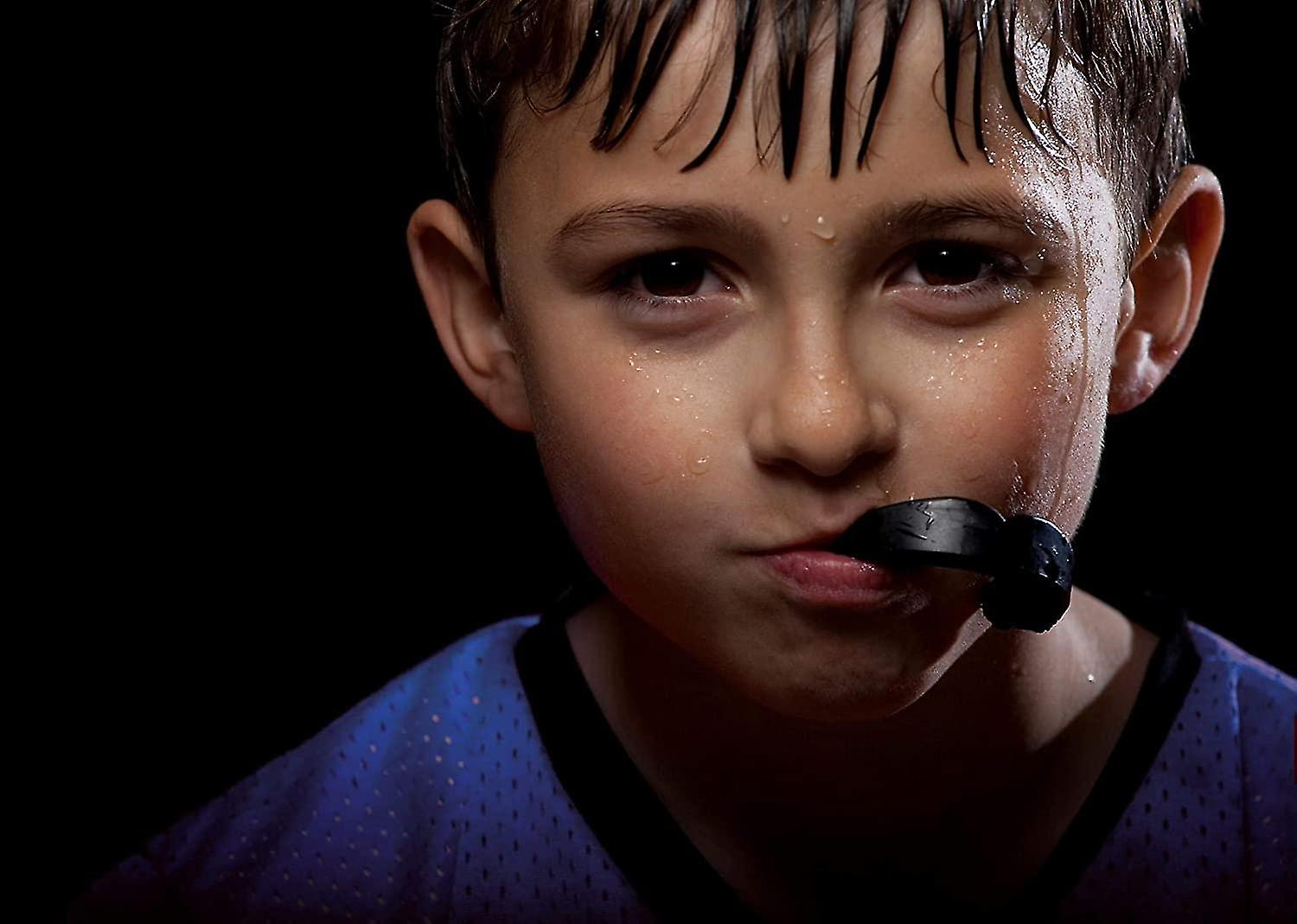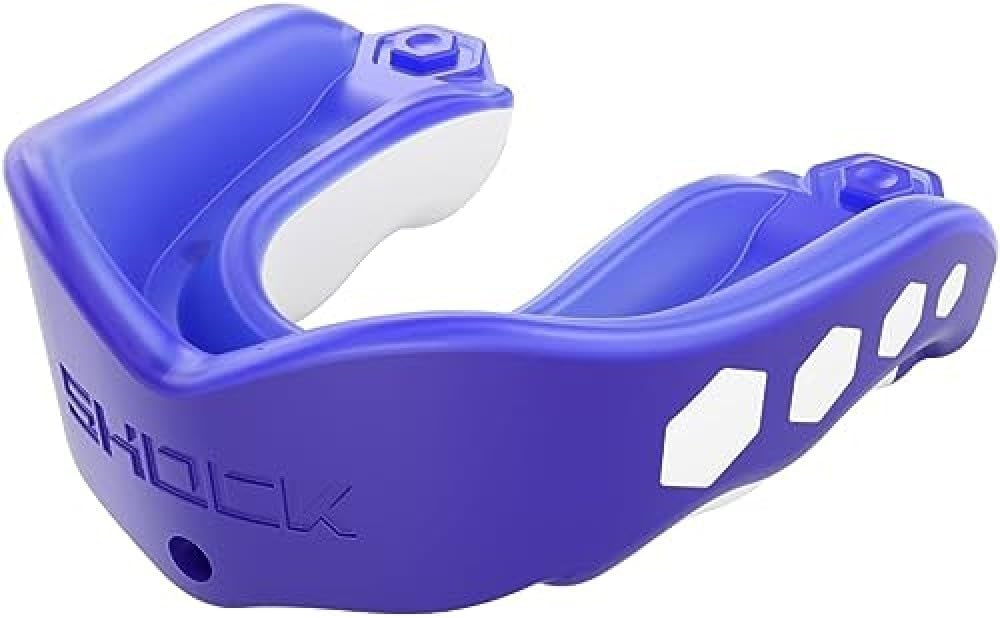

Comprehensive Guide on Mouthguards in Sports!



Welcome to our comprehensive guide on the use of mouthguards in sports!
As athletes, coaches, or sports enthusiasts, understanding the significance of safety gear is paramount in promoting not only performance but also long-term well-being.
In this blog, we delve into the world of sports mouthguards, an often under-discussed yet crucial aspect of athletic safety.
From high-contact sports like American football and boxing to less obvious candidates like basketball and gymnastics, we explore which sports recommend or require the use of mouthguards, the type of mouthguards advised, and the rationale behind these recommendations.
Whether you’re a seasoned athlete or a weekend warrior, this guide aims to shed light on the importance of mouthguards in safeguarding your dental health and overall safety on the field, court, or rink.
Types of Custom Mouthguards:



- Heavy-Duty Shock Absorbing Type:
- Description: These mouthguards are designed to provide maximum protection against severe impacts. They are often thicker and incorporate heavy-duty materials to absorb and distribute shock. Ideal for high-contact sports where blows to the face and head are frequent.
- Best For: Sports like boxing, martial arts, and American football where the risk of hard impact to the mouth is significant.
- Dual-Layered Type:
- Description: These mouthguards feature two layers – a softer inner layer for comfort against the teeth and gums, and a harder outer layer for shock absorption. They strike a balance between protection and comfort.
- Best For: Sports that involve both constant movement and physical contact, such as ice hockey, lacrosse, and rugby.
- Slim Type:
- Description: Slim mouthguards are designed for ease of speaking and breathing while still offering necessary protection. They are less bulky and more comfortable, making them suitable for sports where communication is key.
- Best For: Sports like basketball, soccer, and field hockey, where the risk of impact is present but less frequent, and where ease of communication is crucial.
American Football:
- Requirement: Upper arch.
- Recommended Mouthguard: Heavy-duty, shock-absorbing, custom-fitted for enhanced protection.
Boxing:
- Requirement: Upper arch.
- Recommended Mouthguard: Heavy-duty, shock-absorbing, custom-fitted for enhanced protection.
Martial Arts (Karate, Taekwondo, MMA):
- Requirement: Upper arch.
- Recommended Mouthguard: Heavy-duty, shock-absorbing, custom-fitted for enhanced protection.
Lacrosse:
- Requirement: Upper arch.
- Recommended Mouthguard: Custom-fitted, dual-layer for protection from sticks, balls, and physical contact.
Field Hockey:
- Requirement: Upper arch.
- Recommended Mouthguard: Slim Type, Protection against high-speed balls and sticks, custom-fitted for comfort.
Roller Derby:
- Requirement: Upper arch.
- Recommended Mouthguard: Dual-Layered Type, durable for protection from falls and collisions, custom fit for comfort.
Ice Hockey:
- Requirement: Upper arch.
- Recommended Mouthguard: Custom-fitted, dual-layer for protection against impacts and collisions, comfortable in cold temperatures.
Rugby:
- Requirement: Upper arch.
- Recommended Mouthguard: Heavy-duty, shock-absorbing, custom-fitted covering all teeth.
Wrestling (Amateur/Collegiate):
- Requirement: Upper arch.
- Recommended Mouthguard: Slim type, well-fitted, allowing for easy breathing and speaking, orthodontic if braces are present.
Youth Soccer (Football) in Some Regions:
- Requirement: Upper arch.
- Recommended Mouthguard: Slim type, custom-fitted for basic protection, comfort for breathing and communication.
Disclaimer:
Please note that this blog post is intended to serve as an informational aid and should not be considered a substitute for professional advice. While we strive to provide accurate and up-to-date information regarding the use of mouthguards in various sports, rules and guidelines can vary significantly between different leagues, associations, and even countries. We strongly recommend that readers consult the specific rules and guidelines of their sport or league to understand the exact requirements and recommendations for mouthguards. Additionally, consulting with a dental professional or a sports safety expert can provide personalized advice and recommendations based on individual needs and the nature of the sport. Remember, the information provided here is meant to enhance your knowledge and awareness but should be complemented with sport-specific research and professional consultation.
